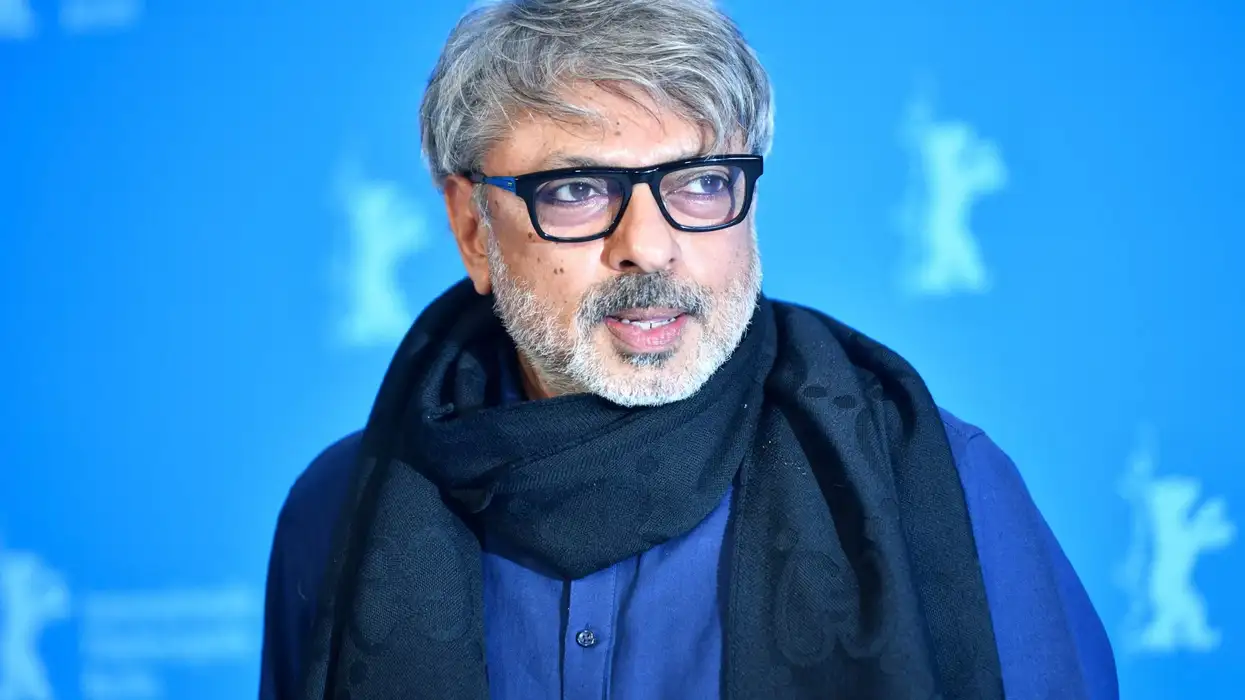Get ready to dive into the musical world of filmmaker Sanjay Leela Bhansali.
Bhansali's first-ever original music album 'Sukoon' is all set to be out on December 7. Speaking about the same, Bhansali, who has composed music for his directorials such as Guzaarish, Goliyon Ki Raasleela Ram-Leela and Gangubai Kathiawadi, said, "Two years in the making amidst the difficult times of covid, I found peace, quiet, and love while creating 'SUKOON' I hope you find the same while listening."
This album brings together some of the phenomenal singers of the Industry and brings back the originals in the time of remakes. The album includes nine different songs which are sung by Rashid Khan, Shreya Ghoshal, Armaan Malik, Papon, Pratibha Baghel, Shail Hada, and Madhubanti Bagchi with the amalgamation of various music instruments from tablas, flute, guitars to sarangi, sitars and harmonium.
Vikram Mehra, managing director of music label Saregama India Ltd, said the company is not only excited but also proud for the association with Bhansali that undoubtedly surpasses any other."If perfection had a face, then it must be Sanjay Leela Bhansali, and once again it's evident through his labour of love 'SUKOON', a collection of 9 pieces of art in collaboration with the best of the singers from the industry," added Mehra.
Meanwhile, on the directorial front, Bhansali will come up with 'Heera Mandi'. The show will explore stories of courtesans and the hidden cultural reality of Heera Mandi, a dazzling district, during pre-independent India. It's a series about love, betrayal, succession and politics in the kothas and it promises Bhansali's trademark larger-than-life sets, multi-faceted characters, and soulful compositions.
(ANI)




